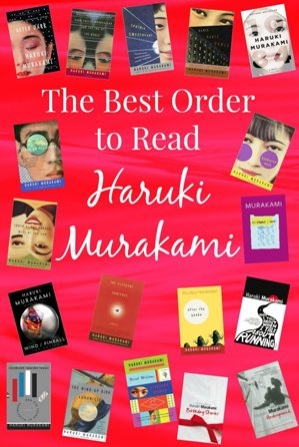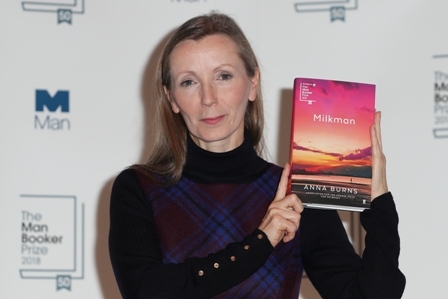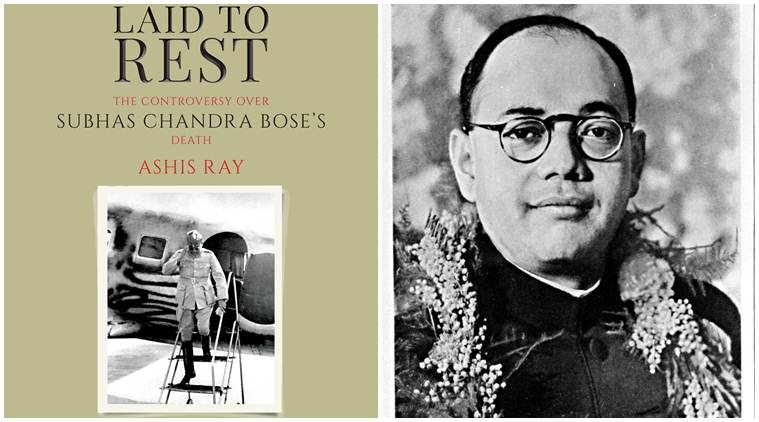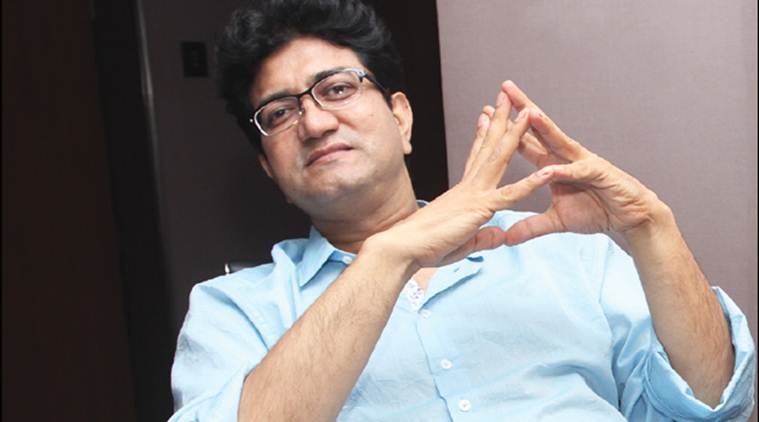There’s something strange in the after effect of reading a Haruki Murakami story. It’s as if time stands still when the last line has run out, the last word read and the last letter comes to a stop with a sombre period. And then a feeling of utter helplessness washes over as the realisation of nostalgia, fate and tragedy come to the fore together. This is what a Murakami story does – with some jazz, The Beatles or Bach and Beethoven tuning inside your mind. The Japanese author’s masterstroke is his ease of prose and the way he, with all his literary awards to showcase, topples the notion of intellectual elite. The beauty of his work lies in fantastical stories that are embellished in reality and his lonely, nomadic characters that are left searching for the green light in the ruins of themselves.
There’s something strange in the after effect of reading a Haruki Murakami story. It’s as if time stands still when the last line has run out, the last word read and the last letter comes to a stop with a sombre period. And then a feeling of utter helplessness washes over as the realisation of nostalgia, fate and tragedy come to the fore together. This is what a Murakami story does – with some jazz, The Beatles or Bach and Beethoven tuning inside your mind. The Japanese author’s masterstroke is his ease of prose and the way he, with all his literary awards to showcase, topples the notion of intellectual elite. The beauty of his work lies in fantastical stories that are embellished in reality and his lonely, nomadic characters that are left searching for the green light in the ruins of themselves.
























